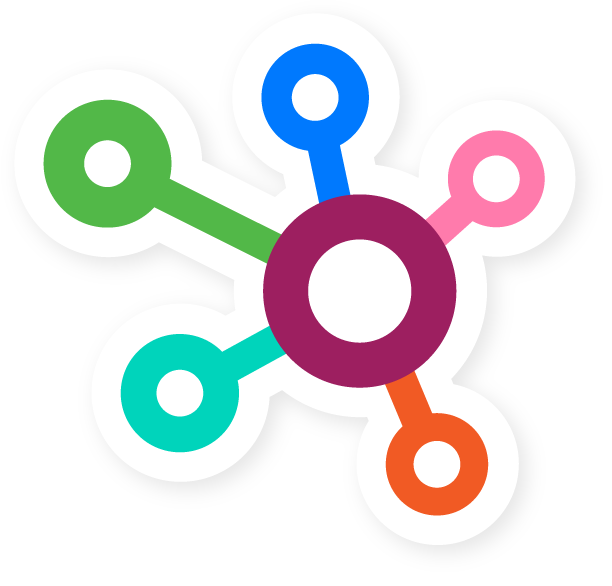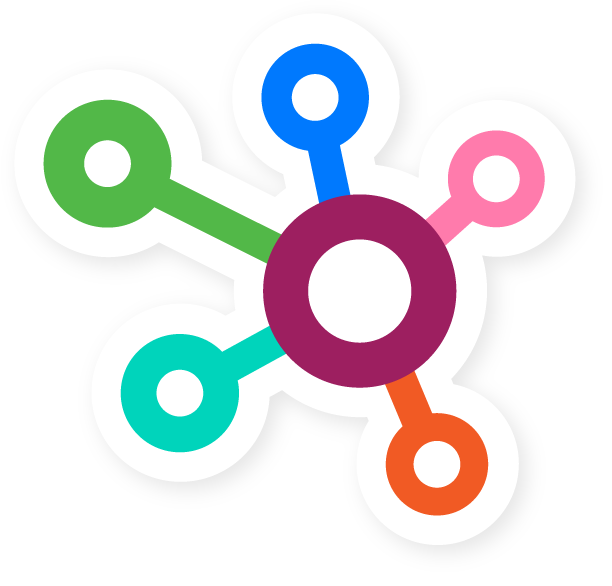Apple finally released its long-awaited iOS 14 update this week, introducing several new features and changes to iPhones and iPads. While new updates typically contain a myriad of security improvements and customization features, this release has one change that may impact your advertising efforts. iOS 14.5 now allows users to easily opt out of tracking, which means that apps can’t use user data for targeted ads, share user location data with advertisers, or share user advertising IDs with third parties like Facebook and Google. CyberMark’s team of expects has already taken measures to get ahead of this update, so you can rest easy. If you run ads for your business, keep reading to learn what to expect from iOS14!
How does targeted advertising work?
If you’ve ever shopped online, you’re probably familiar with the feeling of being “followed” by ads for the products you were browsing. Or if you’ve visited websites related to your hobbies or interests, or if you’ve spent time researching solutions for a challenge you’re facing, you’ve probably seen ads on your social feed or email promoting products and services related to those recently browsed topics. These ads are made possible via small snippets of code on the web called “cookies” that register your completely anonymous advertising ID and attribute it to certain data points in order to serve targeted ads. From a consumer standpoint, this ensures that most of the ads you are served are relevant to you. From an advertiser standpoint, this allows us to reach consumers that are the most likely to engage with your business and report on the campaigns that are driving results. It’s important to note that at no time are advertisers able to identify individual consumers from this data – all your data is anonymized by an advertiser ID and aggregated with other users to protect privacy.
How does iOS 14.5 impact targeted advertising?
With iOS 14.5, however, every app will be required to ask users to opt in or out of tracking and will be prohibited from collecting user data unless the user opts in to tracking. To many consumers, the idea of targeted advertising is concerning, so it’s likely that a sizable percentage of users will opt out of app tracking altogether.
How will iOS 14.5 impact my business?
Here’s what this change means for your business if you’re running ads:
- Audiences that rely on demographic, geographic, interest, behavior, or browsing behavior targeting will become smaller and more limited.
- Attributing online conversions back to campaigns will be limited. This doesn’t mean you’ll get fewer conversions, but it does mean that it might be difficult to identify where those customers came from.
- In the same vein, reporting on age, gender, location, and placement performance will be limited.
- Real-time reporting for iOS devices will not be supported, and data may be delayed up to 3 days. Metrics on reporting tools such as reports.cybermark.com, Facebook, and Google may be delayed. But not to worry, this will NOT delay the time it takes to receive your leads.
- With all these points above, your reports may show an increased cost per lead and other performance declines, but this does not mean that the campaigns are performing poorly or that you’re getting fewer results from them – it just means we can’t track the results quite as well.
Here’s an example of these points in action: a user sees an ad for your business on their Facebook newsfeed. The user, who denied Facebook permission to track them, clicks the link. Neither your store nor Facebook will have any knowledge of what the user looks at, clicks, or buys on the site. This is also the case on websites and apps that are publishers in Facebook Audience Network. The user may still make purchases on the website, but you won’t know that a Facebook ad sent them there in the first place. So to sum things up, the update shouldn’t impact your overall digital performance, but it will just make some metrics harder to track.
What can we do to prepare for iOS 14.5?
To get ahead of these changes, particularly on Facebook where the data will be the most affected, we’ve taken steps to prepare for the update. In order to sell products on Facebook and track any kind of performance, you will be required to verify your domain to run ads and must choose up to 8 conversion events to track. The vast majority of brick and mortar businesses don’t ever need more than 8 events. The most common events for these businesses are Leads or Bookings or Phone Calls. For eCommerce websites that need to track Add to Carts, Initiate Checkouts, Purchases, there may be some concerns on the rare occasion that more than 8 events are needed, and it’s a similar situation for Apps. But for most brands, this shouldn’t be an issue. In addition, ad providers like Facebook will provide task lists for certain ad accounts if additional action is required. If you’re running ads with CyberMark, you can rest assured we’re ahead of these items and will let you know if anything else is required on your part.
FAQS
Should I even bother advertising online if tracking is limited?
Yes! It’s difficult to measure the impact of physical forms of advertising, such as billboards, signage, direct mail, radio spots, and television, but businesses have relied on these methods for decades. This is no different, except we can at least still attribute ad performance to those users that do not opt out. Plus, advertising platforms are looking for ways to adjust to these types of changes.
Are there still ways to gather customer data?
You can offer incentives for users to share their data. For example, offer a free download, coupon or other digital “lead magnet” in exchange for a contact form submission. Keep in mind that the fewer fields your form has, the more likely users are to complete it.
When will we see the impact of the update?
iOS 14.5 is available now, but devices will update in waves over the next several weeks. Even so, we don’t expect to really understand the full extent of the changes for several years until new users who have always had limited data make up a more significant portion of the consumer base.
How will this impact small businesses?
Small businesses and franchise locations have smaller budgets for marketing than large chains and retailers. Digital advertising has long allowed these businesses to effectively reach their markets on a small scale, a hugely important part of their overall marketing strategy. You can learn more about the impact here: https://www.facebook.com/business/news/ios-14-apple-privacy-update-impacts-small-business-ads
Are there other strategies we should use beyond advertising?
As always, the answer here is yes. Focus on the big picture of growing your business and diversifying your strategy. Retarget your leads via email and SMS and continue to nurture them. SEO can help drive more traffic and leads to your website as well.
How do I know if my campaigns are still working?
Take note of your average monthly number of leads (or conversions) now. Look at the data across all channels – and then compare in a couple months. Are you still getting roughly the same number of results with the same advertising budget? This is a good indication that everything is working.
Can I still target users with specific qualifications, such as interest or income?
Yes and no. We will be limited to first-party data, so essentially the data users have provided platforms like Facebook and Google directly in their account. Data points like general geographic location, interests based on browsing behavior within the platform, age and gender, and previous interactions with ads in the platform will still be available to target (but limited in reporting). For users that opted out of tracking, we may lose some data points tied to data outside of the platform such as income, exact home zip code, shopping behavior, etc.
Where can I learn more?
Visit Facebook’s documentation here.
What will Facebook and Google do to counter these kinds of updates?
We expect advertising platforms to move toward first-party data collection and tracking, meaning a shift away from universal tracking cookies and a rise in server-side tracking via an API. More on this here.
Summary
The digital landscape is constantly shifting, and we can expect more privacy-focused changes like these in the future as well as more solutions from advertising platforms to meet tracking challenges head-on. We’ll continue to stay on top of the latest updates and keep you posted on how they impact you. If you have questions regarding these changes, please feel free to reach out to marketing@cybermark.com.




